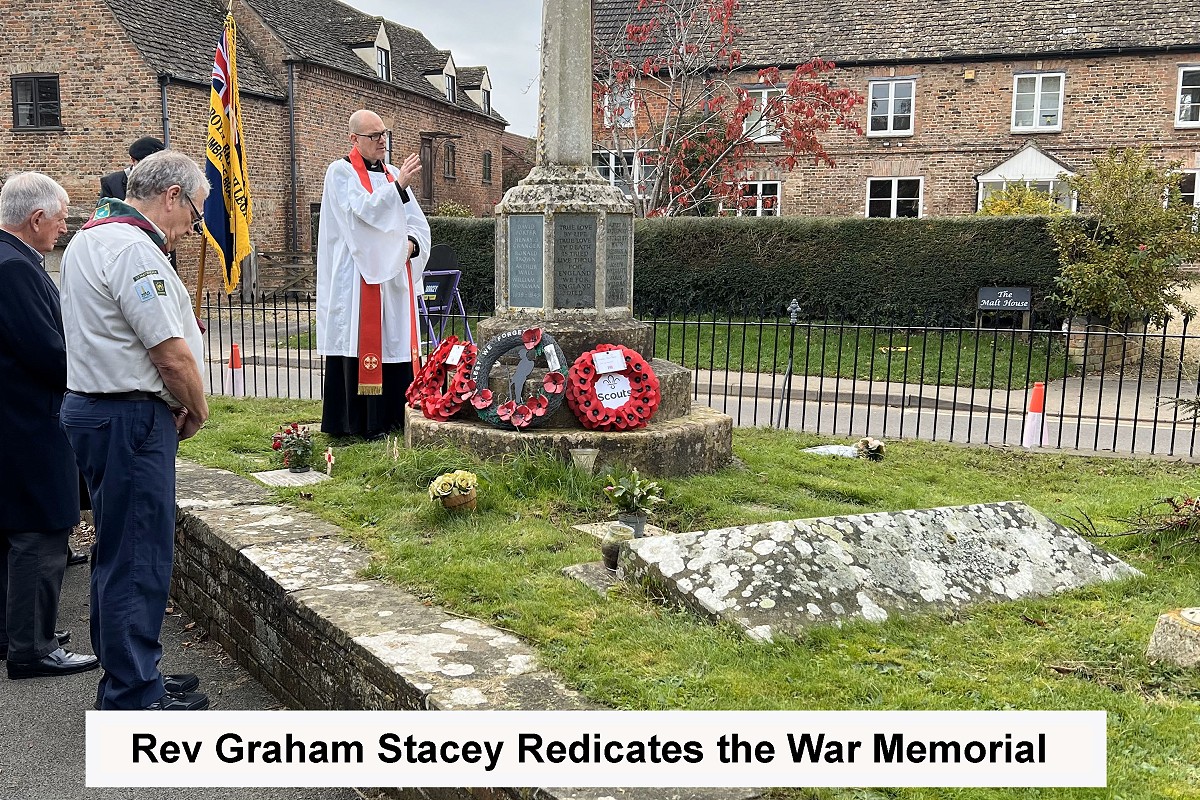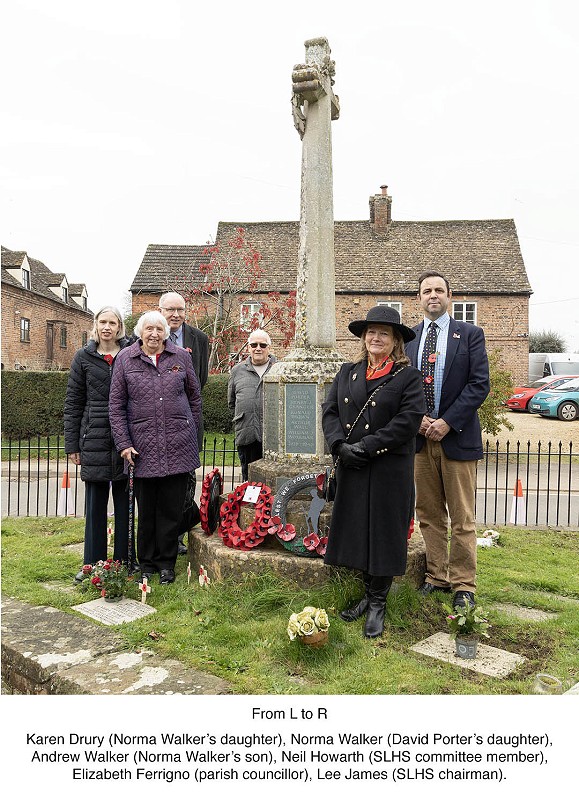David Porter Memorial Appeal
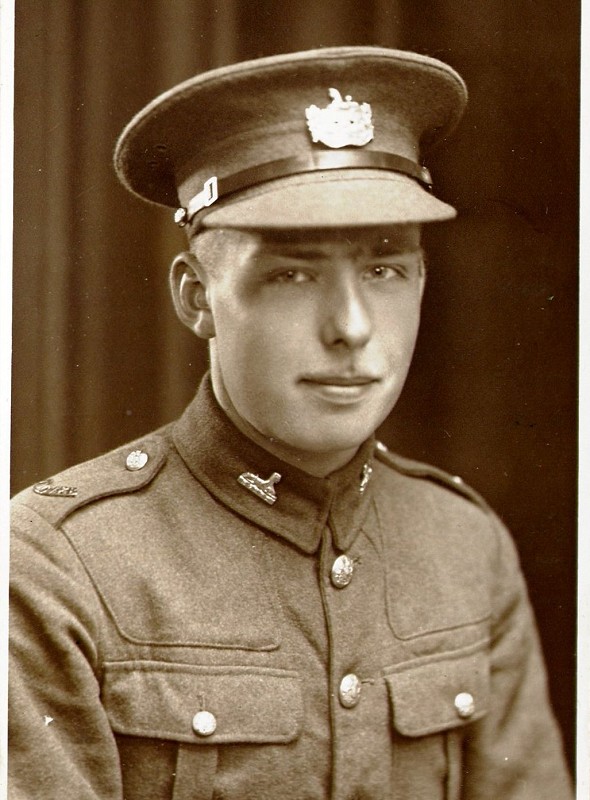
Walter Renwick David Porter was born on the 1st March 1917 and baptised with his siblings in Slimbridge Church in 1928. David became a porter on the railway and worked at Ashchurch station in Worcestershire. He lodged with a family who lived in the nearby railway cottages and it was here that he met his future wife, Eileen Rosina White. David and Eileen married on 21st May 1939. David belonged to the territorials and was called up to serve when the war started, joining the 5th Battalion, Gloucestershire Regiment (Infantry division) No. 5183562.
David was 23 years old when he was killed on 20th May 1940 near Bruyelle, as the 5th battalion engaged in battle on the line of the river Scheldt (Escaut), before the final withdrawal to Dunkirk ahead of the German advance. The battalion had had a gruelling time, providing the rear-guard action in the withdrawal. Benjamin King (a private in the 5th Gloucesters) recalled: “When we were given orders to retreat, we travelled with the Intelligence Officers, to protect them as we were infantry. We stayed with them almost into Dunkirk. In this retreat I covered over 90 miles with a Bren Gun, crawling through ditches. The unit had split up and gone. The 5th Gloucester’s were the rear-guard with other regiments, the 2nd Gloucester’s were also rear-guard action. “ The Company War Diary for May 20th 1940 confirms that the men had covered 95 miles in the previous 83 hours.
In 1947 the Gloucester Citizen carried the following account of setting up the Bruyelle War Cemetery: The village stood in the path of the advancing German army and was being used as headquarters of various battalions of the British Army, who were retreating. The inhabitants of the village were hastily evacuated. Everyone left except an old woman of over 80 years of age. She was later forced to leave, for her own safety, by the British. Shortly afterwards the battle began.
Among the Battalions that fought side by side to try and stem the oncoming enemy, was the 5th Battalion of the Gloucestershire Regiment. After three weeks the villagers were ordered back—by the Germans. They were told to find and bury all British dead. Sorrowfully, they carried out that order, and found 58 bodies in the village itself and 88 in hamlets and surrounding woods— 146 British dead. Despite the fact that they were under German rule, the villagers found the prettiest corner they could and made it a British cemetery. They made coffins for every serviceman and the cemetery was laid out with a well-cut hedge, weeping ash trees and dwarf roses in varied colours. Each grave bore a white cross and on some was written the name of the soldier buried beneath. A number of graves bore no name, but on the crosses are descriptions of the soldier. Many have not yet been traced.
Six years after the battle, an Englishwoman from Yorkshire spent a holiday in Belgium and visited Bruyelle. There she learned that the Burgomaster wished relatives of the dead to know where they were buried. She went to the Cemetery and found it resting in the quiet beauty of the wooded countryside. Difficulty had been found by the villagers in copying English names and addresses, but they had been careful to miss nothing that would help identify the dead. Many of the soldiers had neither papers nor Identification discs or Regiment badges, and on their graves are the words ” Known only unto God.” Despite this set-back, they made very careful note of the soldier’s appearance and description is marked on the cross. Taking a list of all the names of the buried she immediately got into communication with the British Legion and the job of tracing relatives began.
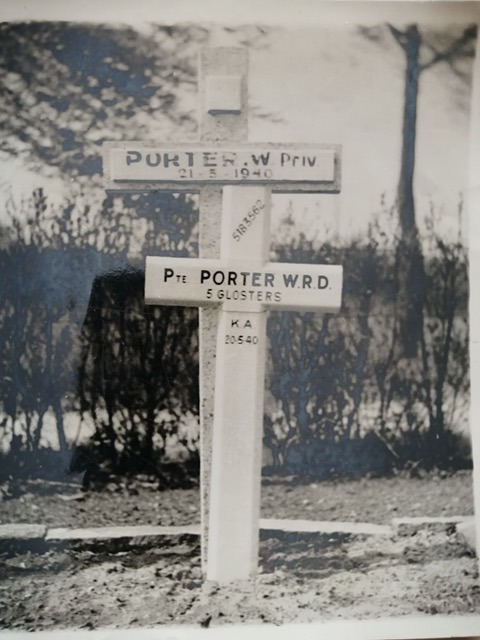
David Porter is buried at the Bruyelle War Cemetery, six kilometres south of Tournai in Belgium and his name is also remembered on the Slimbridge War Memorial. Unfortunately, when the memorial was refurbished as part of the 2000 millennium celebrations his name was accidentally changed from “Walter David Porter” to “William D Porter”. Neither the Parish Council nor the Parochial Church Council had funds to correct this error. The Family of David Porter reached out to Slimbridge Local History Society for help to have the inscription corrected, with this in mind SLHS made a donation of £500 towards the forecast cost of £1,737.60. Additionally SLHS organised a fundraising event starting in August 2023 and coming to a climax at its Heritage Weekend 16th - 17th September 2023 at Slimbridge Village Hall. Having David Porter’s name back on the War Memorial is the right and only thing to do, we now had the money to make it happen.


The money had now been raised, agreement from the Diocese obtained and the stonemason commissioned, delivery of the Lakeland slate for engraving was a critical step. The panel was replaced in July 2024.
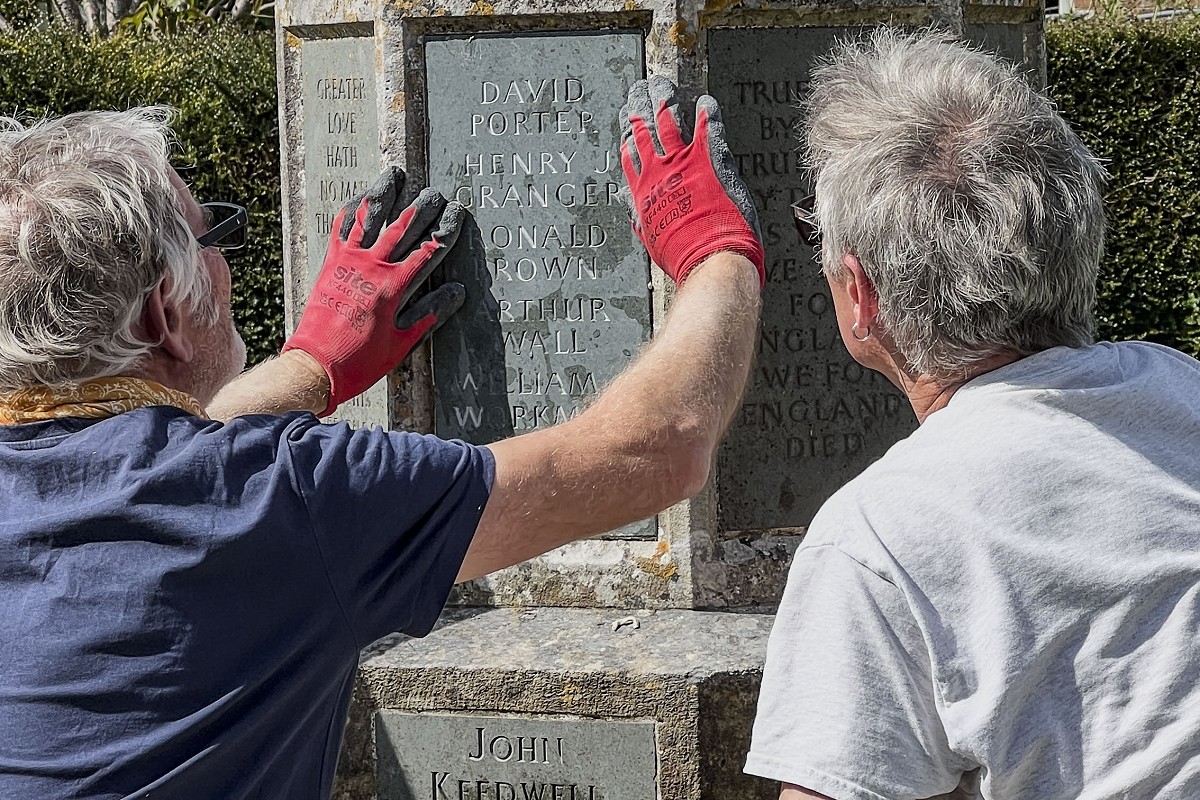
David’s daughter came to look at the memorial the day after the panel was replaced, she was delighted with the result.
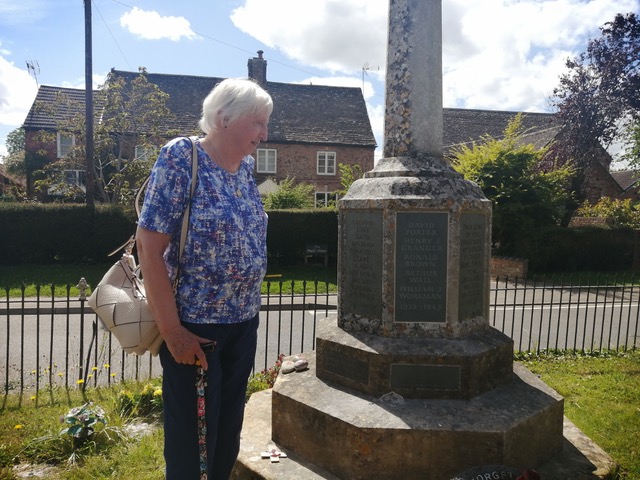
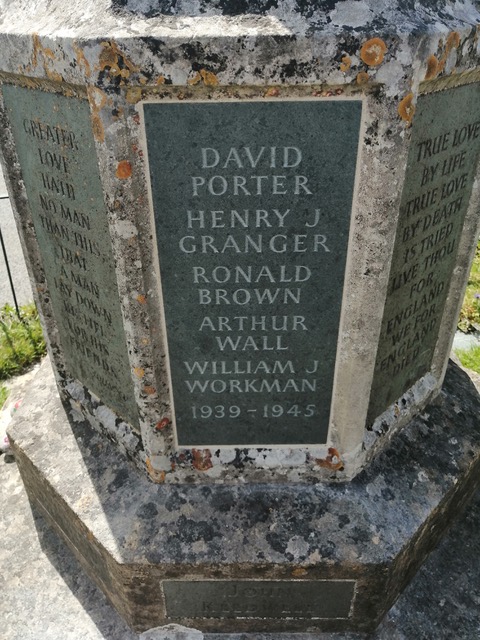
The War Memorial was rededicated during the Remembrance Service on the 10th November 2024, the Reverend Graham Stacey Officiating.
